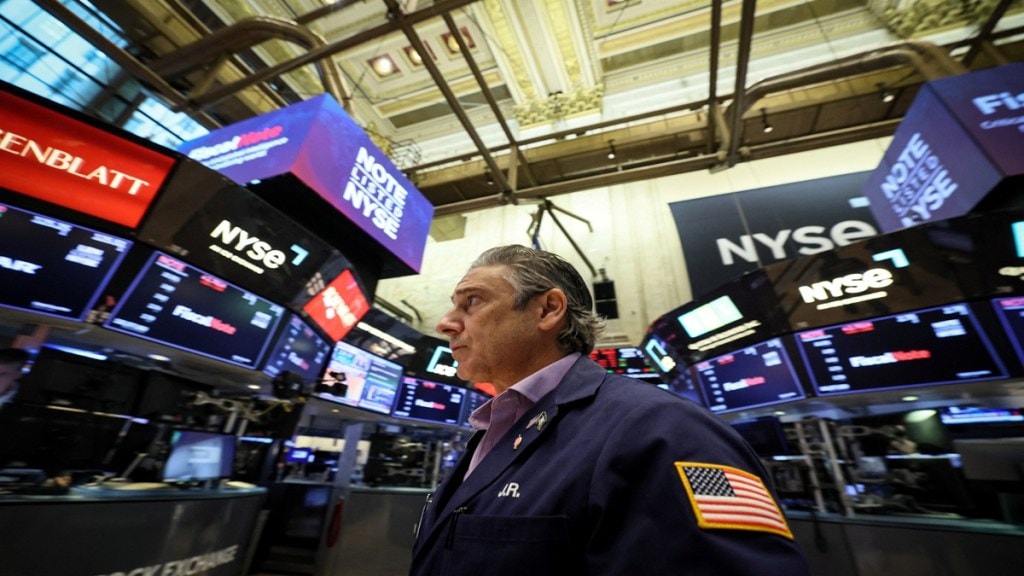Keith Gill, alias ‘Roaring Kitty’, the man at the center of the pandemic meme stock craze appeared online for the first time in three years, pushing up the prices of meme stocks. Roaring Kitty posted an image on the social platform X of a man sitting forward in his chair, a meme used by gamers when things are getting serious.
GameStop closed 74% higher on Monday and is quoting 98% above the previous day’s close of $30.45, in the opening hours on Tuesday.
AMC Entertainment Holdings closed 78% higher on Monday and is quoting 121% above the previous day’s close of $30.45, in the opening hours on Tuesday.
Gill rose to prominence in 2021 after his posts in the Reddit subcategory Wallstreetbets sparked a David vs. Goliath battle with huge hedge funds betting heavily on GameStop’s existence.
The retail investors won at least for a while, with GameStop shares increasing by more than 1,000% in 2021, as did other meme stocks. In the same year, the struggling movie theater company AMC’s stock price went up by 2,300% in a very short period of time. Some major traders suffered massive losses as GameStop skyrocketed from less about $20 to nearly $400.
Cory Mitchell, an analyst with Trading.biz says, “Big movement is great for traders, especially when accompanied with loads of volume. But this is hype, with the upside movement based on speculation about what a picture could mean. These are not fundamentally strong companies, so anyone trading them must understand they could come crashing back down as soon as the buying frenzy stops. If buying into these stocks, utilize stop losses and trade upward price momentum while it lasts. It can last for a while, but don’t be holding the bag when they drop back down, like they did in 2021…and then kept dropping until recently.”
Meme stocks are back and investors will get caught out by the frenzy, warns Nigel Green, CEO, deVere Group, one of the world’s largest independent financial advisory and asset management companies.
Between 2020 and 2021, Keith Gill became one of the main influencers who encouraged an army of day traders to heavily invest in GameStop, igniting the meme stock craze.
Short sellers, whether individual investors or hedge funds anticipate that the price of a particular stock will decrease. They borrow shares of this stock, sell them at the current price, and then repurchase them after the price drops, profiting from the difference. However, this strategy carries significant risks. If the stock price does not decline as expected, short sellers can incur losses, as was the case with GameStop.
“It’s a revival of the trend of 2021 and 2022 last year. Back then, many individual investors – often young and inexperienced – got badly burned by the experience. Without a doubt, investors will get burned by this frenzy too. I would urge everyone to exercise maximum caution with meme stock trading that’s being fuelled by social media. Of course, big, big money can be made by some. But let’s be very clear: this is extremely speculative and valuations can be expected to be incredibly wild – in both directions. To my mind, it’s more gambling than investing,” says Green.

